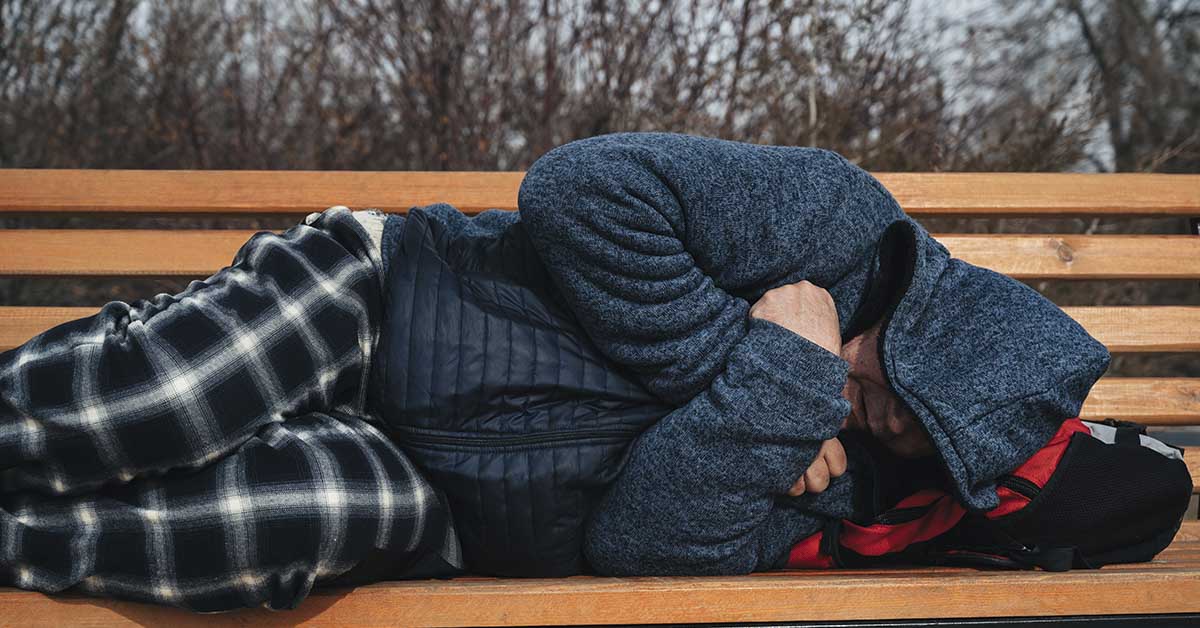Many people on the internet are up in arms about a controversial executive order made by President Trump targeting homelessness. The July 24, 2025 directive would prioritize forced treatment, cracking down on homelessness by removing people off the street into treatment centres.
Outspoken critics of Trump’s executive order declare it unconstitutional and that it fails to address the housing and housing cost crisis. Legal advocates condemn the order as dangerous, which they say essentially criminalizes homelessness. Supporters of this directive argue it addresses public fears of crime and drug-use in their communities.
Targeting Street Homelessness Through Civil Commitment
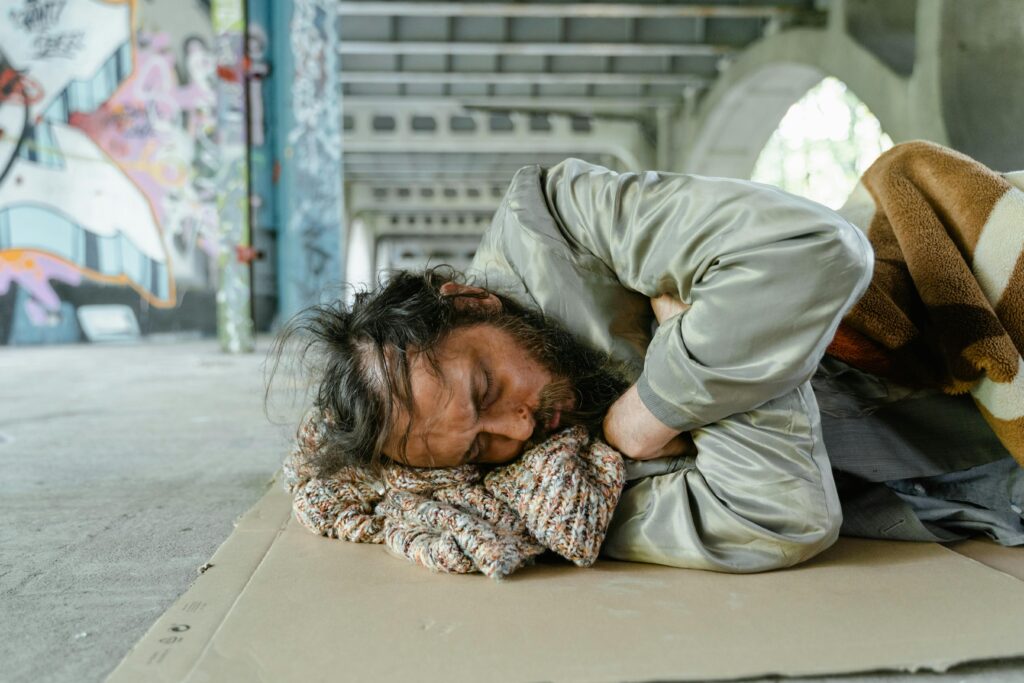
Trump’s executive order seeks to remove homeless individuals from streets through involuntary commitment. The policy encourages civil commitment for people with mental illness living outdoors. This would give officials authority to force homeless individuals into treatment facilities without any consent. The belief is that this order will restore public order. It targets those who allegedly pose risks to themselves or others by being homeless.
The White House describes this as ending vagrancy and restoring order to American cities. Officials claim current federal policies make it too easy for people to remain on the streets. They argue that the provided safety nets do more harm than good to the homeless population. The administration argues that forcing homeless people into treatment facilities is more humane than leaving vulnerable populations on the streets.
Attorney General Bondi Tasked With Reversing Legal Protections
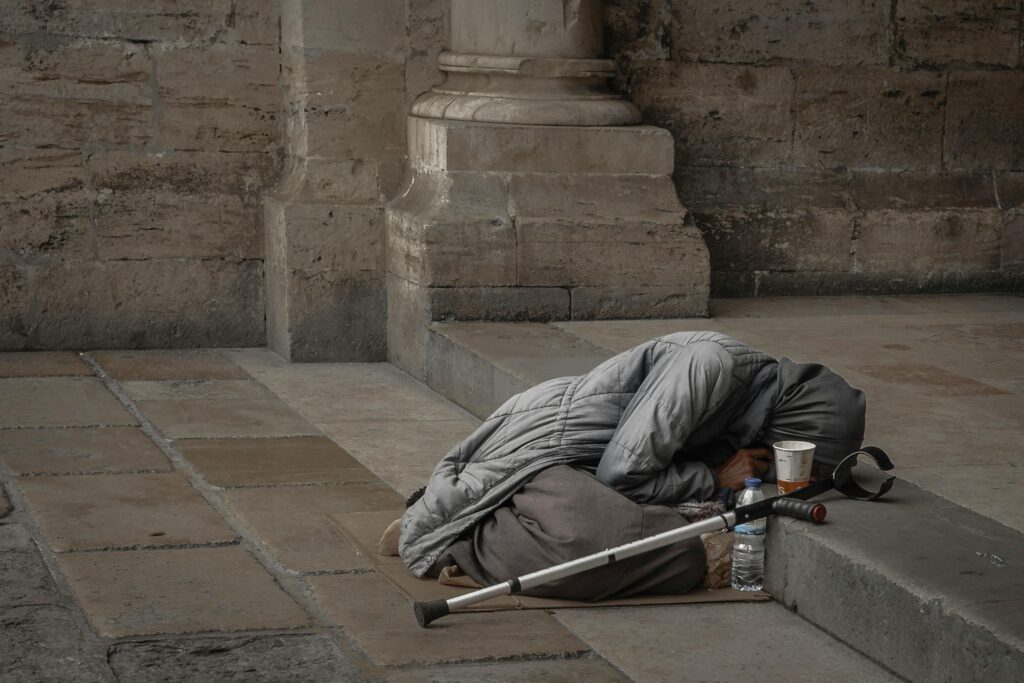
Attorney General Pam Bondi must reverse judicial precedents that limit civil commitment authority. The order directs her to end consent decrees protecting homeless individuals’ rights. These legal agreements currently restrict cities’ permissions removing people from public spaces. Bondi has been given 30 days to develop a case for overturning existing court rulings.
Consent decrees exist in many major cities to prevent constitutional violations or abuse against homeless populations. These court-backed decrees exist from lawsuits tackling discriminatory practices through American history. However, the Trump administration views these decrees as obstacles to their policy for homelessness.
Funding Shift Away From Housing First Approach
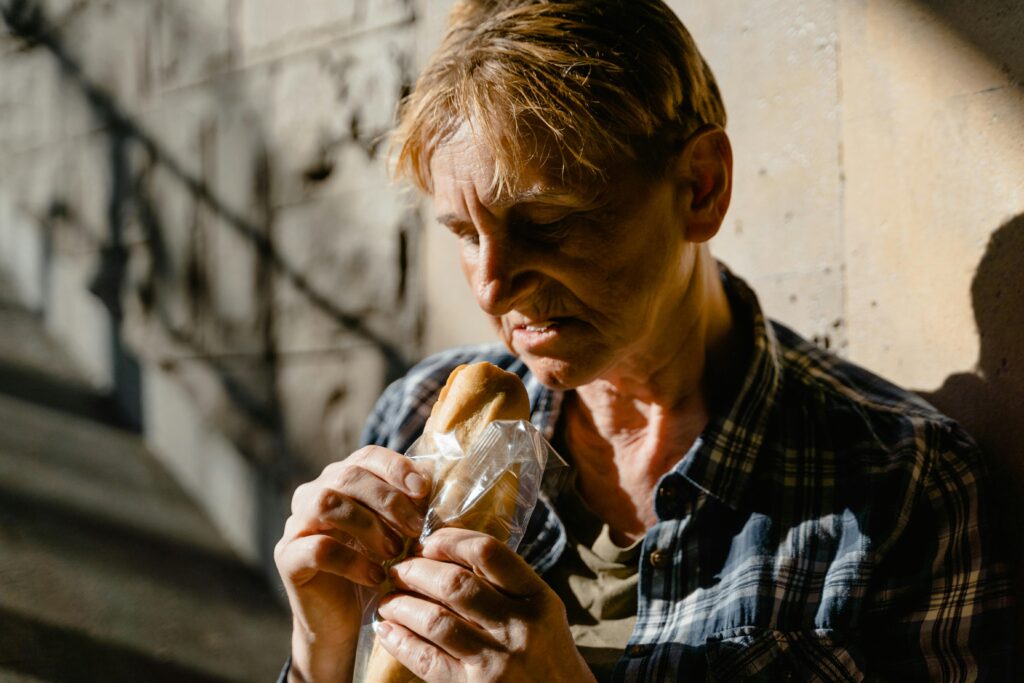
The executive order signed by Donald Trump will redirect funding from Housing First directives, which aim at providing immediate, unconditional housing to those in need. The federal funding will now be funneled towards Trump’s new order. Housing First provides immediate permanent housing without requiring sobriety or treatment participation. This policy has been enacted for years to help resolve the housing crisis for the homeless.
Under Trump’s new order, federal agencies will prioritize grants for states enforcing camping bans and drug use prohibitions. Trump’s administration will incentivize and give preferential funding decisions to cities that criminalize homelessness. The order also dismantles support for harm reduction programs like needle exchanges.
Record Homelessness Numbers Drive Policy Change
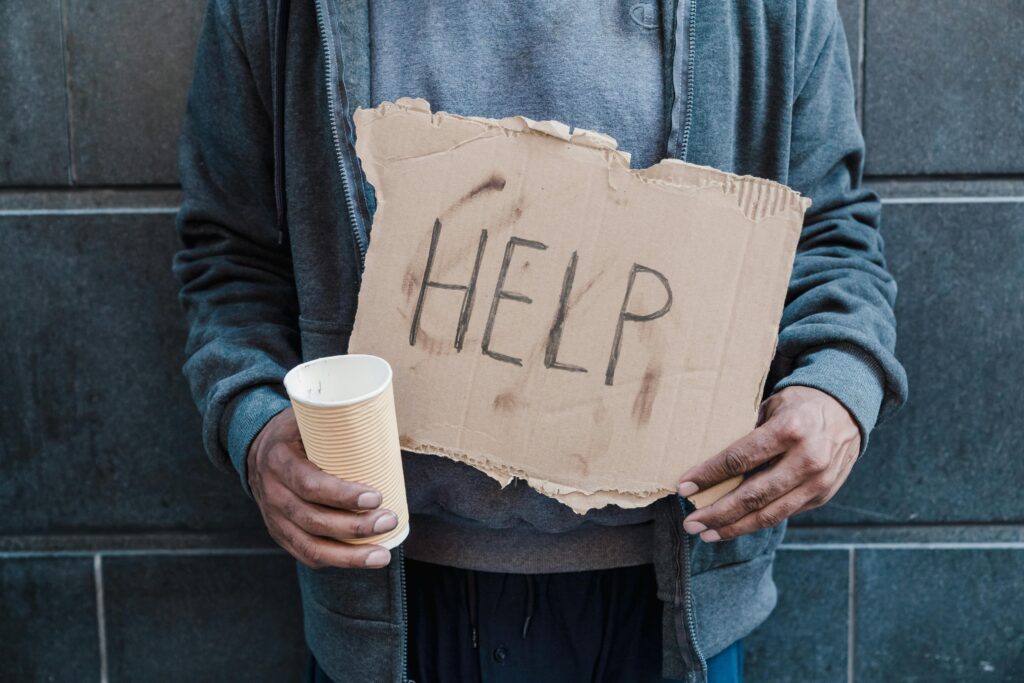
Homelessness reached alarmingly high numbers in 2024, with 771,480 people experiencing housing instability across America. It is a staggering 18% increase in homelessness from the previous year. Unsheltered homelessness affects over 275,000 Americans living in places unfit for human habitation.
California has the highest number of homeless people, with 187,084 living on the streets. They are followed by New York with 158,019 homeless people. The crisis spans both urban and rural communities across 46 states. One of the primary causes driving these increasing numbers are rising housing costs and insufficient affordable housing.
Legal Advocates Sound Alarm Over Constitutional Rights
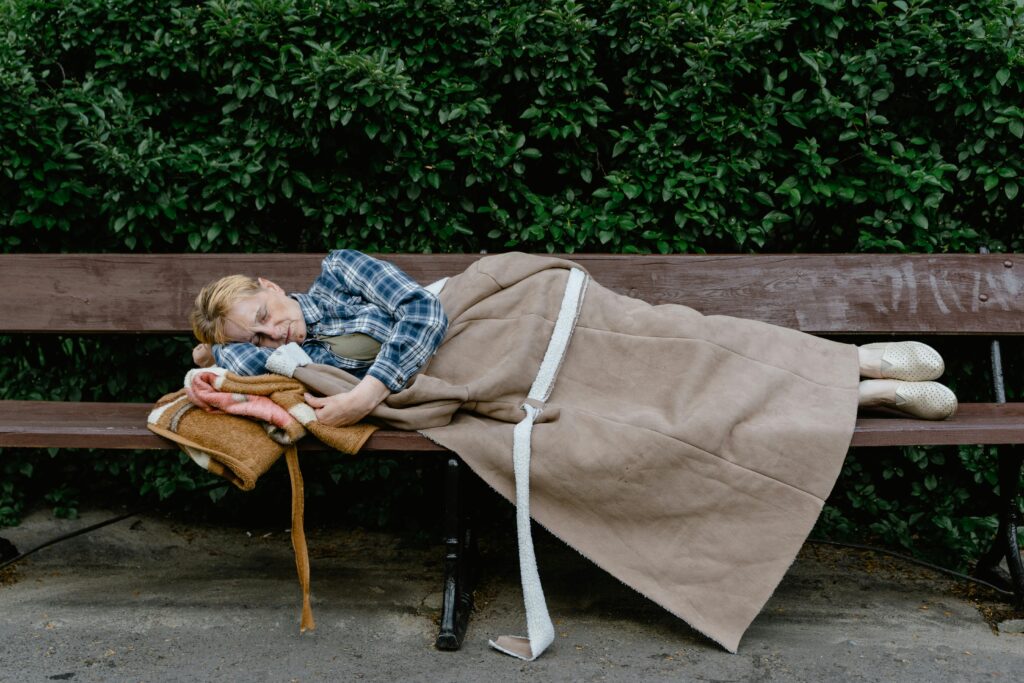
Trump’s order has sparked massive outrage. The National Homelessness Law Center calls Trump’s order dangerous and unconstitutional. Advocates argue the policy criminalizes poverty and mental illness without addressing root causes and redirects funds away from Housing First initiatives. The American Civil Liberties Union condemns targeting disabled and unhoused populations. Legal experts warn about surveillance and data collection provisions in the executive order.
Organizations continuously state that homelessness stems from housing shortages, not criminal behavior. The National Coalition for the Homeless describes the approach as punitive and ineffective. Critics of the order argue that forced treatment violates due process rights and personal autonomy. The National Homeless Law Center emphasizes that this order will expand police use to respond to homelessness. It also cuts off funding for life-saving programs. In addition, the order incentivizes states to criminalize homelessness.
Supreme Court Ruling Enables Stricter Enforcement
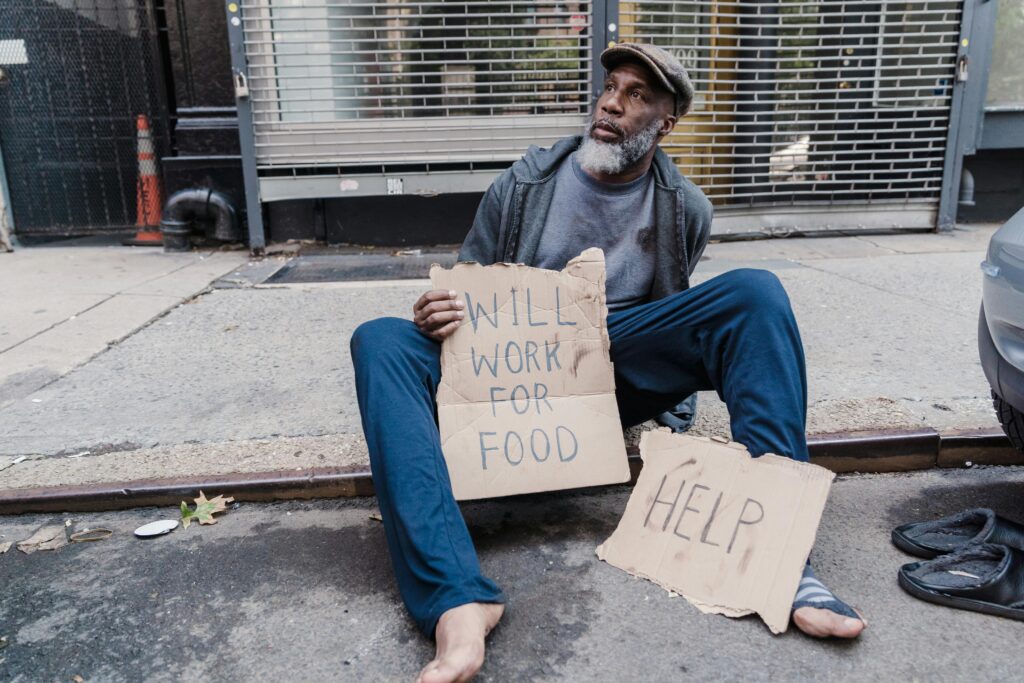
The Supreme Court’s Grants Pass decision removed constitutional barriers to homeless criminalization. The June 2024 ruling allows cities to ban sleeping outdoors even without any other available alternatives for shelter provided. Justice Gorsuch wrote that homelessness policy belongs to local communities, not federal judges. The six-to-three conservative majority rejected cruel and unusual punishment arguments from Trump’s team. Justice Sotomayor dissented, calling sleep a biological necessity, not a crime.
Research Questions Effectiveness of Forced Treatment
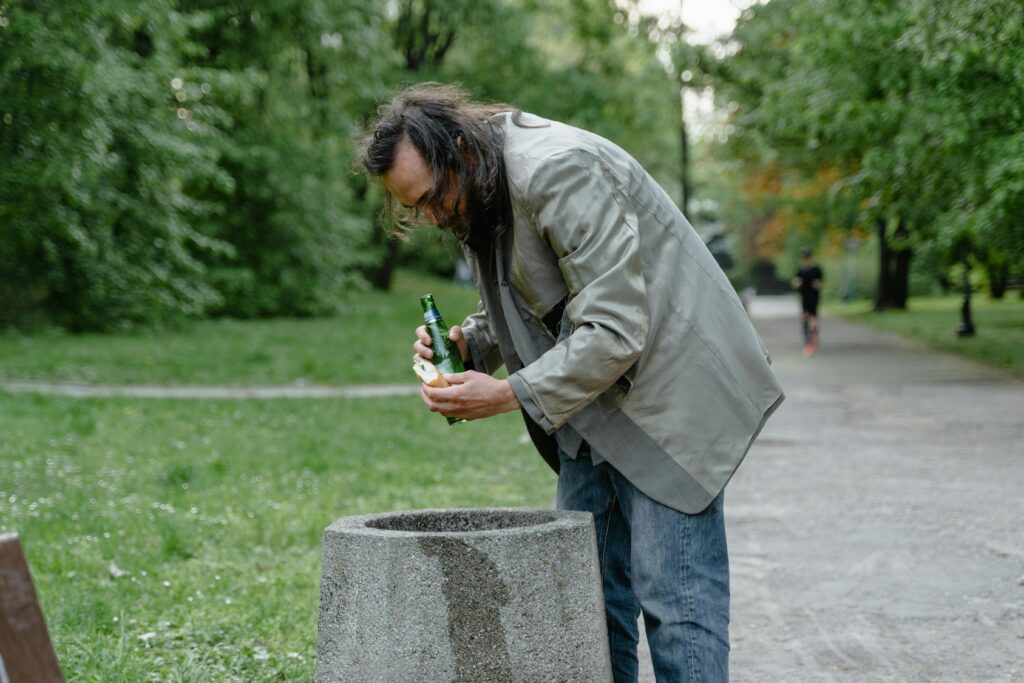
Scientific studies show mixed results for compulsory drug treatment therapies. Research indicates that when an individual voluntarily agrees to treatment, better, long-term outcomes are achieved than with forced interventions. In contrast, Housing First programs demonstrate higher success rates in maintaining housing stability. Studies consistently report 66% to 90% housing retention rates. Forced treatment approaches risk traumatizing vulnerable individuals.
Political Battle Lines Form Over Homelessness Strategy

Democrats and progressive advocates strongly oppose Trump’s homelessness policy approach. California Governor Gavin Newsom’s office criticizes the order as creating distracting headlines. Social media forums are very concerned, with many stating that this order sets a terrifying precedent for homelessness and housing. One user commented that the order would be like locking homeless individuals outside of society instead of helping them.
The confirmation of HUD Secretary Scott Turner signals continued policy changes ahead. Turner previously refused to reject government-run detention camps for homeless individuals. National advocacy groups mobilize opposition to the administration’s homelessness policy direction.
Read More: Trump Says NFL Team Must Change Name or Risk Losing Billion-Dollar Deal
